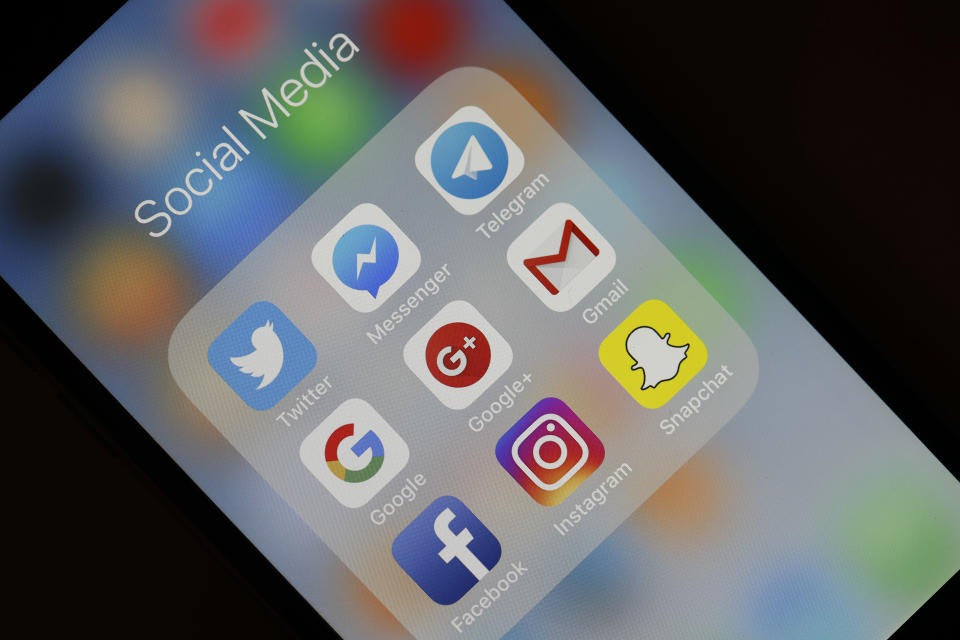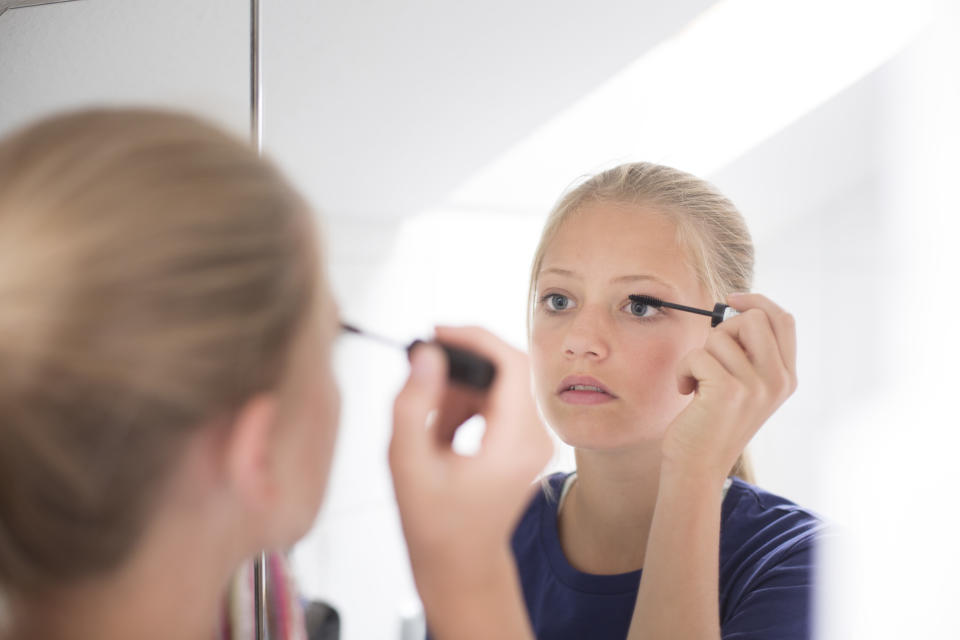The reign of social media influencers may be coming to an end

Social media influencing is big business, with Instagram and YouTube stars like Huda Kattan and James Charles bringing in millions of pounds to promote products.
But there is now increased scrutiny from consumers, brands, regulators and social media platforms about undeclared conflicts of interest and the power such influencers can have, particularly over young people.
That scepticism will be reinforced after a new survey suggested the majority of consumers do not trust social media influencers over products they promote.
Research by Savvy Marketing for BBC Radio 4’s You and Yours programme said that 82% of people of the 1,000 who took part said it was unclear whether an influencer had been paid for their promotion.
But the survey also showed that more than half (54%) of beauty product consumers were influenced by influencer posts.
Savvy Marketing’s Alastair Lockhart said: “The shoppers of the UK are a knowledgeable lot and tend to be pretty wise when deciding how much to trust an influencer’s recommendations.
“However, we can see from the research that it’s not always clear and a lot of younger people in particular are influenced by their suggestions.”
Brands grow wary of influencers
Some brands are now re-evaluating how they use influencers. In June this year, Unilever (ULVR.L) announced it would not work with influencers who paid for bots or measure success by advertising reach alone in its marketing campaigns.
Unilever’s executive vice president for global media, Luis Di Como, later said of the decision: “We would be blind to follow one key performance indicator that will create behaviours in the industry for dishonest business.”
READ MORE: A shocking stat shows venture capital’s diversity problem
Lubomira Rochet, beauty giant L’Oreal’s director of innovation, was broadly positive but expressed reservations over some aspects of influencer marketing: “Sometimes we consider influencers as our extended marketing teams. They are so creative.
“The return on investment is obviously a bigger concern, especially when you spend 42% of your marketing budget in digital, so we are monitoring the whole area of all our initiatives and influencers are pretty positive.”
Signs of a crackdown on bad practice
Influencers not only face a growing challenge keeping followers and companies on board, but also face increased scrutiny from the authorities.
The UK’s Competition and Markets Authority (CMA) launched an investigation in August into celebrities and influencers who did not clearly mark any sponsored posts.

George Lusty, the CMA’s senior director for consumer protection, said: “Social media stars can have a big influence on what their followers do and buy.
“So, it’s really important they are clearly told whether a celebrity is promoting a product because they have bought it themselves, or because they have been paid or thanked in some way by the brand.”
In September the CMA and the Advertising Standards Authority (ASA) issued a guide to influencers over how to follow rules when they post any sponsored endorsement.
“The relationship between influencers and their followers relies on trust and authenticity, so transparency is in the interests of all parties,” said Shahriar Coupal, director of the Committee of Advertising Practice (CAP) which writes UK advertising rules, at the time.
Social media platforms tighten rules
Some social media sites have started their own crackdown. Twitter (TWTR) deleted around nine million accounts it believed to be fake or bots in October, and allowed users to report tweets it believed were generated by bots.
Twitter’s legal, policy and trust and safety lead Vijaya Gadde suggested the credibility of users and Twitter itself could be affected if it allowed high numbers of fake followers to stay on the platform.
“This specific update is focused on followers because it is one of the most visible features on our service and often associated with account credibility,” he said.
READ MORE: London Brexit fears see Asian property investors choose Dublin
The following month, Instagram and Facebook (FB) also announced they would tackle the problem of buying fake followers, with Instagram saying: “We’ve built machine learning tools to help identify accounts that use [apps for boosting followers] and remove the inauthentic activity.”
Facing consumer scepticism and regulatory suspicion, if social media influencers are to survive they cannot ignore the issue any longer.

 Yahoo Finance
Yahoo Finance 
